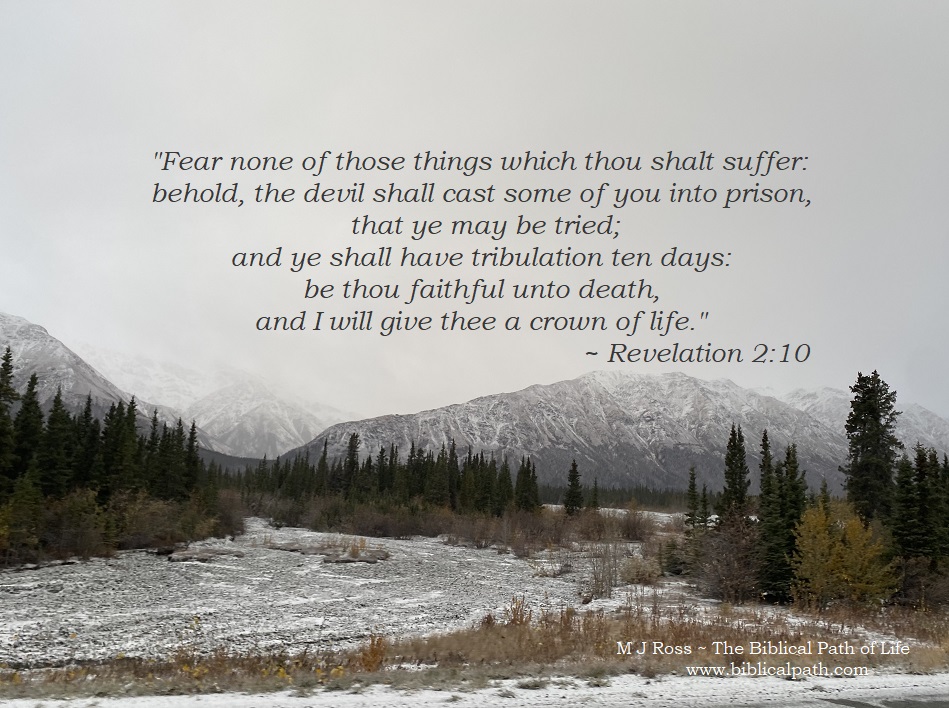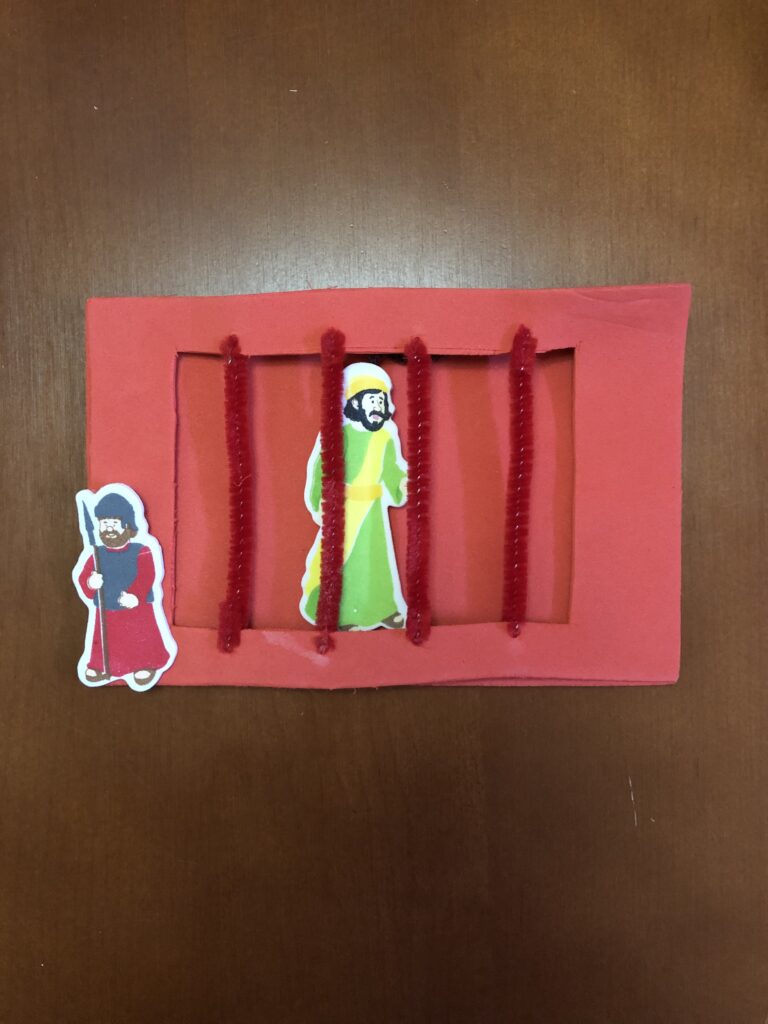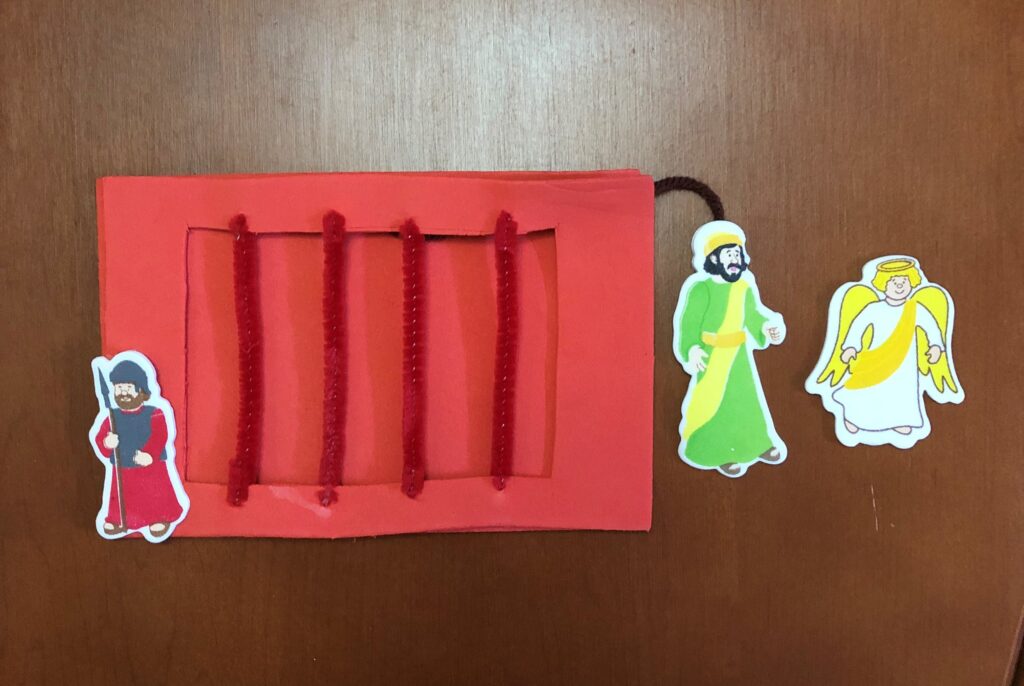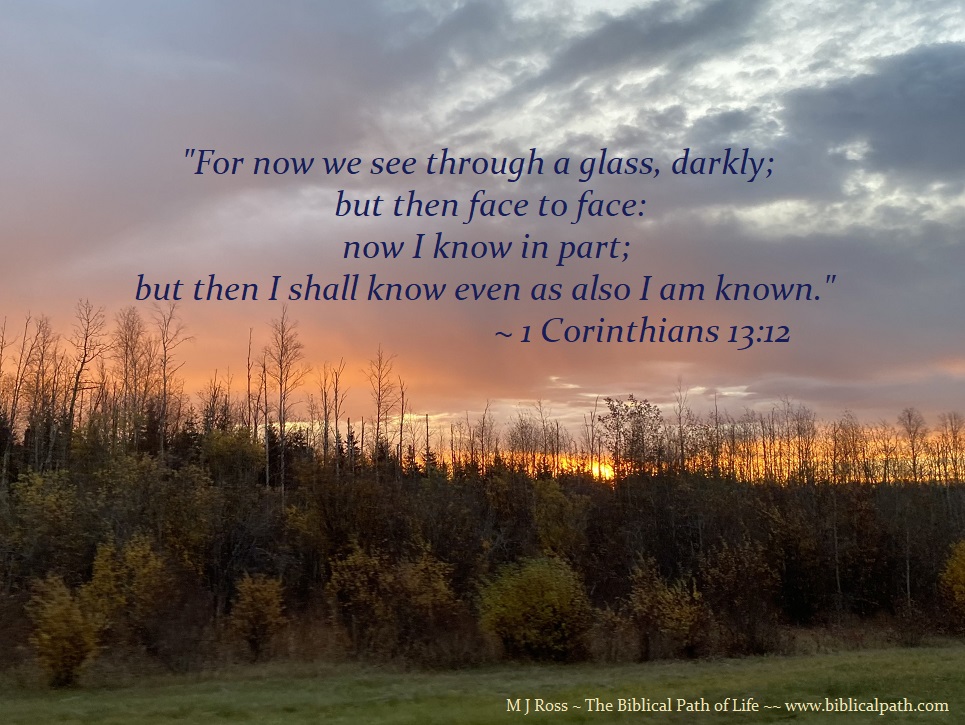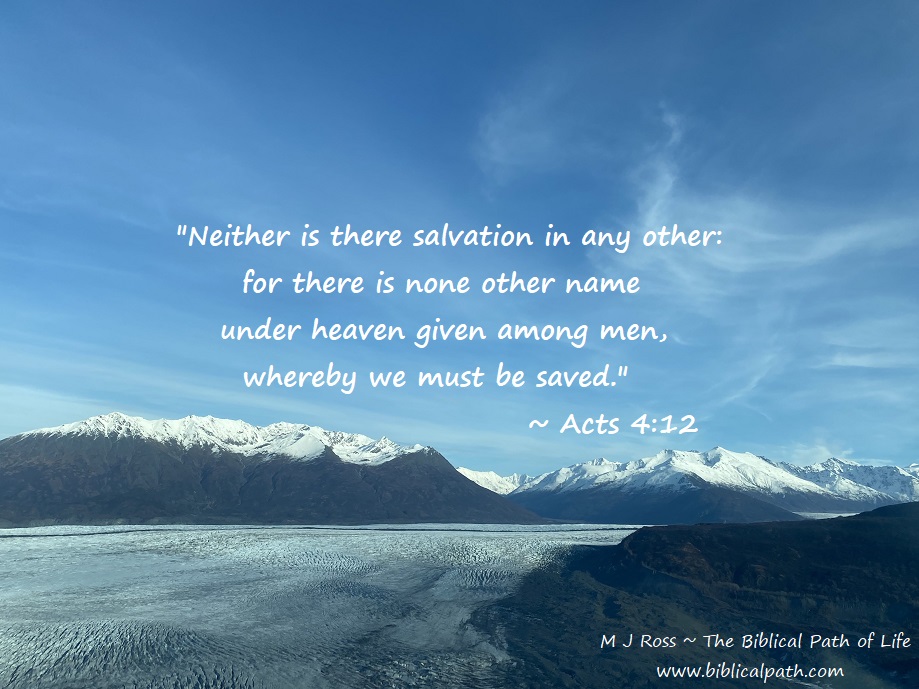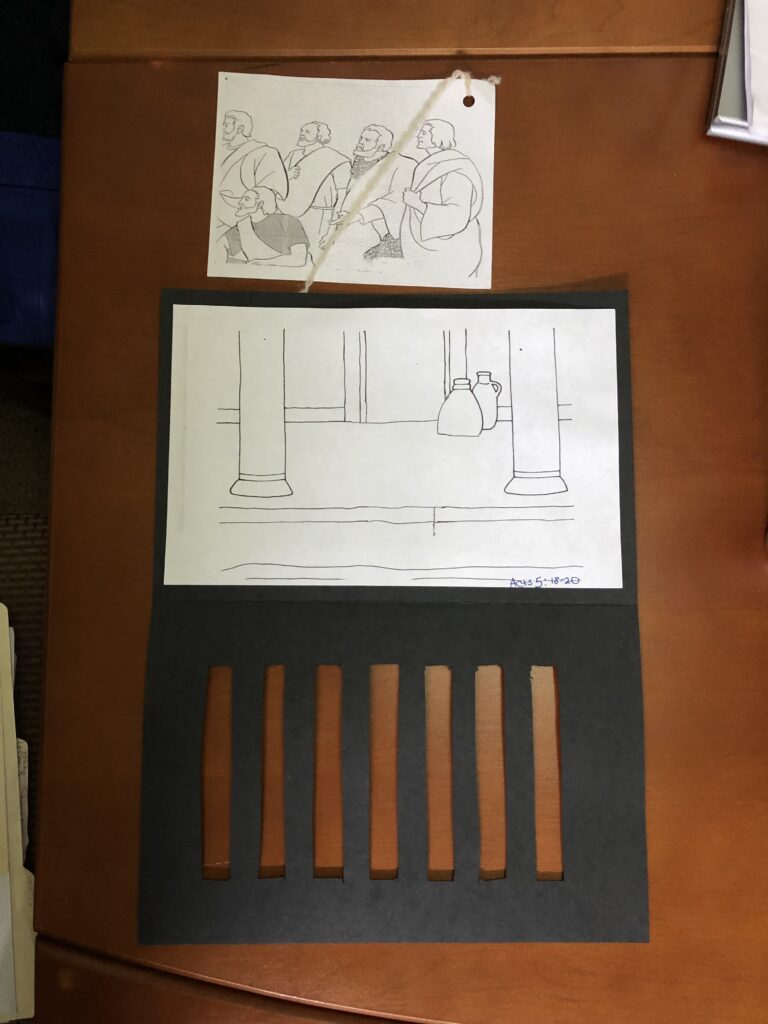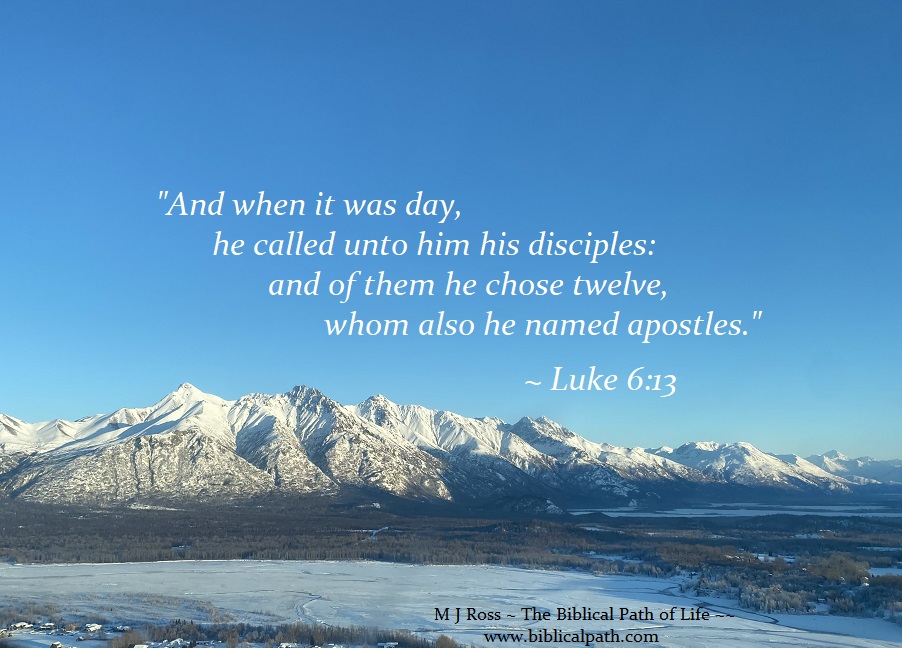
Key Verse
But grow in grace, and in the knowledge of our Lord and Saviour Jesus Christ. To him be glory both now and for ever. Amen.
—2 Peter 3:18
Key Verse Thought: Read the Key Verse. Do you realize what it means to grow (examples may be: to become stronger, taller, bigger, smarter, better at something, etc.)? It is important to recognize that one grows in more ways that just physically. In this lesson, we will learn the importance of growing in our Christian life – spiritually. It is important for Christians to grow in their Christian life – just as in the physical life.
Emphasis: We are to understand the importance of continually growing in the Christian life, watching and waiting for Jesus to return. Christians are to remember that when one grows in the Christian life, the relationship with Jesus grows as well. But especially: if Christians are not growing, they are digressing in that Christian life, becoming ineffective Christians.
Lesson Summary: The book of 2 Peter is the fourth book in the fifth division of the New Testament: Nine Letters to the Jewish Church. The Apostle Peter wrote it to Christians, encouraging them to grow in their Christian life. It is relevant to Christians today, just as it was to the Jewish Christians during the New Testament period.
Peter began by reminding them of their like faith in Jesus. He then taught them the importance of growing in that Christian faith. We will learn that as we grow in the knowledge of Jesus, our relationship with Him grows as well. There is also a warning for one who lacks the qualities of a growing, Christian life: he is compared to one who is blind and cannot see afar off.
As always, there is a warning of false teachers. Peter then cites examples of angels, and even some from the Old Testament, of those whom God “spared not.” Peter included a warning of those who had a “knowledge of the Lord”, who after they knew, turned from it, whose “latter end is worse with them than the beginning.”
Before Peter closed, he reminded the Christians not to forget that the Day of the Lord would come as a thief in the night for those who were not watching for His return. However, before that day came, Christians had much to do: live a holy and godly life, look for Jesus’ return, hasting the return of Jesus by winning others to the Lord (remembering that Jesus is longsuffering, not willing that any perish), and so much more. Most importantly, Christians are to “grow in grace, and in the knowledge of our Lord and Saviour Jesus Christ” (2 Peter 3:18).
Y3Q4 – Lesson 8 Questions
Y3Q4 – Lesson 8 Children’s Worksheets
If you are teaching this to younger children, the following is a craft idea to help them remember this lesson:


We colored and cut out a flower and flower pot. We then cut a slit in the construction paper where we glued the pot. We entered the flower stem into that slit, enabling us to cause the flower to “grow”. We included the verse 2 Peter 3:18.
The Biblical Path of Life Year Three – Quarter Four is available through Amazon.
